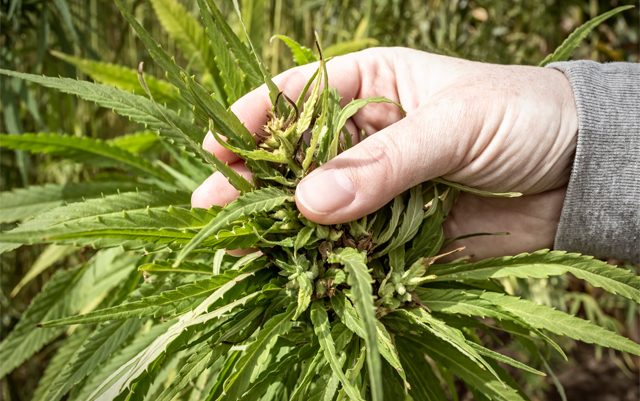Unlike marijuana, industrial hemp is federally legal for institutions of higher learning and state departments of agriculture to cultivate in order to research the plant. As a result, people are starting to experiment with hemp and its uses.
One interesting use for industrial hemp is turning it into ethanol. By definition, ethanol is a type of alcohol fuel that is distilled from plant material, such as corn.
Ethanol can be used to stunt plant growth, it’s mixed into our gas, it’s used to turn hemp buds into hemp oil – and that’s just naming a few uses.
Every November, the EPA is required to announce that it is mandating even higher levels of ethanol in our fuel supply. Recently, the Trump Administration and EPA Administrator Scott Pruitt bravely defied this mandate by freezing the current RFS levels for 2018 — a first step in relieving Americans of this Washington-built burden.
Jerry Jung, founder of Rethink Ethanol, Midwest conservationist, and former CEO of Michigan CAT tractors, says legalizing hemp could reduce the reliance on corn and soybeans for the ethanol mandate – both crops which created serious environmental and global food security effects.
Using food crops – like corn and soybeans – on an industrial scale, 38% of which is dedicated to satisfying the U.S. ethanol mandate, can be more detrimental to the environment than the petroleum-based fuels the mandate promised to replace.
The rapid increase of corn production to meet the ethanol mandate has had disastrous consequences on the environment, including high water pollution from fertilizer and nutrient runoff, reducing the quality of planted soil, and even drastically reducing the population of monarch butterflies by over 1 billion.
Growing industrial hemp would be better for the environment. Hemp thrives in low-nutrient farm lands, requires low farming maintenance, and produces about 4 times as much oil per acre as soybeans.
Turning industrial hemp into ethanol is in everyone’s best interest. Fortunately, many states are seeing the value of growing industrial hemp, and seeing the many benefits of its uses.






